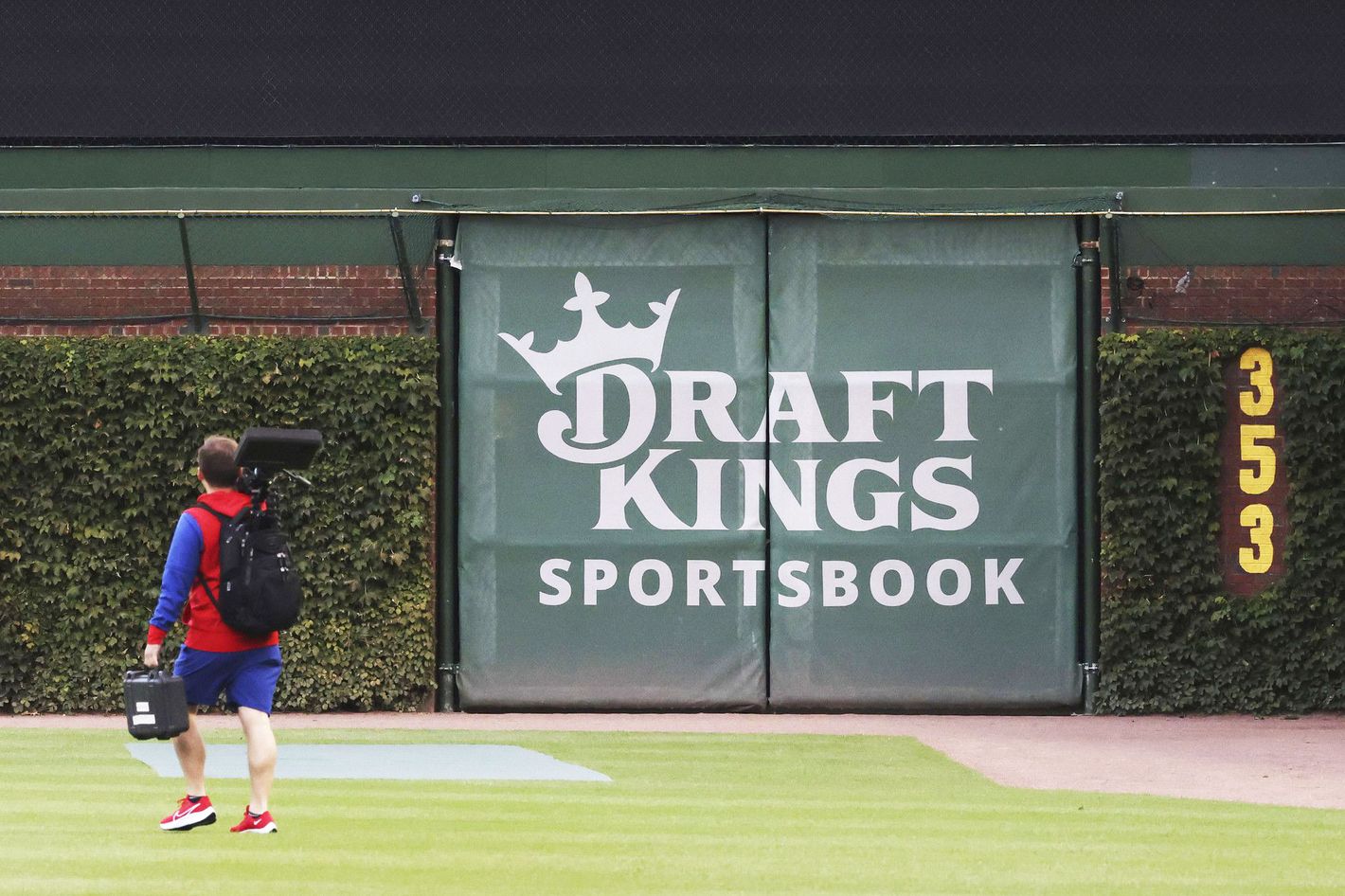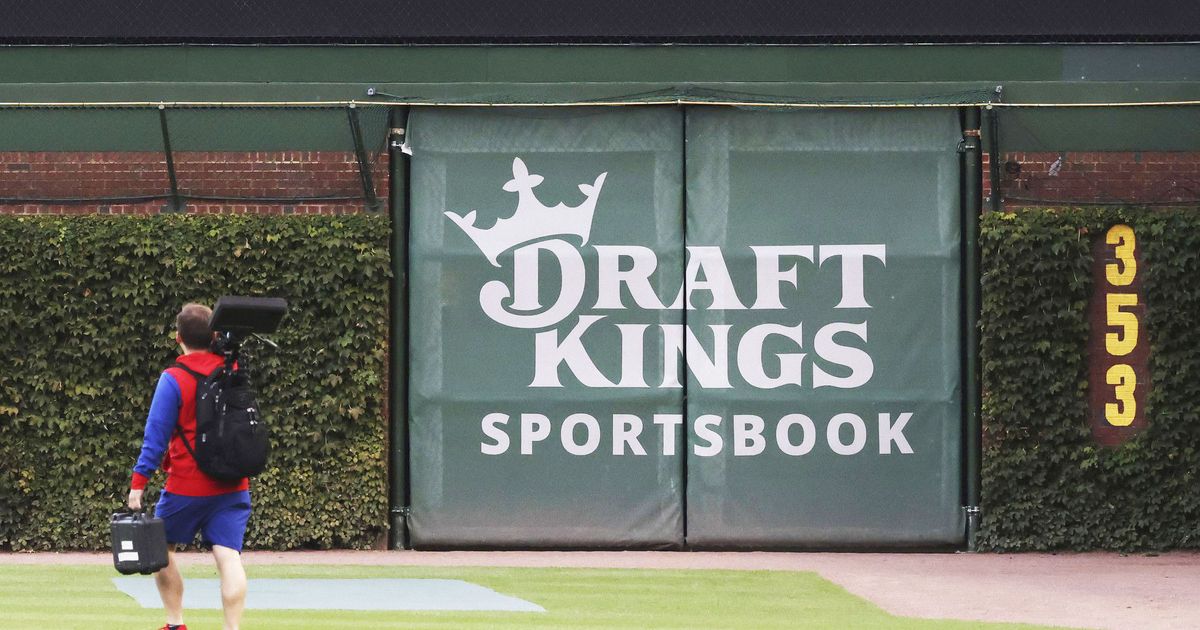 Photo: John J. Kim/Chicago Tribune/Tribune News Service via Getty Images
Photo: John J. Kim/Chicago Tribune/Tribune News Service via Getty Images
As Americans sift through the wreckage of Donald Trump’s One Big Beautiful Act and begin to understand just how damaging it might be — from the draconian cuts to Medicaid and food stamps to the rural-hospital closures that will result from the attacks on the social safety net — they are finding, too, entirely unexpected provisions buried in the bill language. One in particular may deal a blow to an industry that is at least predisposed to backing a politician like Trump — and could, in the long run, have unintentionally salutary impacts on society at large.
The Republican reconciliation package significantly changes a tax law that once allowed gamblers to write off 100 percent of their losses against their winnings. Until now, someone who won $100,000 in a year and also had losses of $100,000 would pay no taxes on their gambling activity. For professional high-stakes gamblers, this made wagering worthwhile because significant losses wouldn’t necessarily prove crushing come tax season. Now, thanks to Trump, gambling-loss deductions will be capped at 90 percent beginning next year.
At first blush, this might not seem terribly significant. But that $100,000 gambler will now be taxed as if they made $10,000 in profits, paying out $2,400 in federal taxes with a 24 percent federal tax rate. Volume of activity will now be taxed instead of actual income.
The whole gambling industry, one way or another, may come in for a drubbing. Recreational gamblers will face worse odds and access fewer large-money jackpots. Casinos and sportsbooks could see their overall volume plummet, and states like New York and New Jersey that have reaped tax revenue from online sports betting may have to readjust their economic forecasts.
This may happen, in part, because the professional or “sharp” gamblers who will be hit with much higher tax bills help maintain efficient betting markets, as Joe Pompliano explains. A sharp gambler consistently wins around 55 percent of their bets, a modest edge that requires betting very large amounts of money over time to make a comfortable living. These gamblers help sportsbooks like FanDuel and DraftKings set accurate lines and fund million-dollar prize pools.
Under the new tax law, the sharps will be incentivized to take their betting offshore to avoid the tax penalties. Daily contests would lose the sharp cash streams, which fill out a majority of entries, shrinking payouts for everyone else. And with less accurate betting lines, sportsbooks would widen the odds or increase their cut from bets — meaning your average 20-something betting all day on their phone will have to pay more to play.
This is what a death spiral might look like — professional gamblers fleeing for offshore markets, benefiting companies like Polymarket, while prize pools shrink in U.S.-based markets and recreational gamblers slowly lose interest. The federal government, meanwhile, will eat up the tax revenue states have been counting on after legalizing mobile sports betting, which is a massive and deeply predatory industry.
The irony of this all is that Republicans were likely not intending to damage legalized gambling in America. They were, rather, hunting for tweaks to the tax code to offset larger cuts elsewhere, since enough politicians in both parties are worried about how the One Big Beautiful Act will swell the deficit. But if Trump unwittingly undercuts this system permanently, Americans will be better off.
Nearly 40 states have legalized gambling since the late 2010s, and beyond the tax revenue generated, it is difficult to find benefits. Soaring numbers of Americans, especially young men, are addicted to betting on their phones. A vice that was once contained to Las Vegas and a select few casinos on reservations is now available 24 hours a day, seven days a week, with effectively no limitations. Imagine, for a moment, if cocaine was not only legalized but somehow made available, on demand, in every single part of New York and New Jersey.
In the short run, the sportsbooks aren’t sweating too much because they always had mixed feelings about the sharps. If the professional gamblers head offshore, there will be fewer of them earning payouts from DraftKings or FanDuel, which happily throttle gamblers who win too much. In the meantime, Dina Titus, a Democratic congresswoman from Nevada, is introducing legislation to reverse the tax changes, with many professional poker players — those likely to be hit hardest — attempting to rally lawmakers to their cause. Congress could always tweak the law before January 1, when it would go into effect.
It’s true enough that this isn’t the ideal way to scale back the growth of legalized gambling in America. Poker players, for example, aren’t necessarily problem gamblers, and there’s a difference between traveling to tournaments to compete for cash prizes and huddling in your room at 11 p.m. to compulsively place bets on West Coast college-basketball games or international horse racing.
The solution, really, is to ban online sports betting altogether. There are states like California, Texas, and Georgia that never legalized it in the first place, and they are healthier for it. New York certainly should be hunting for tax revenue elsewhere and not clawing cash from addicts.
From Intelligencer - Daily News, Politics, Business, and Tech via this RSS feed
game over




